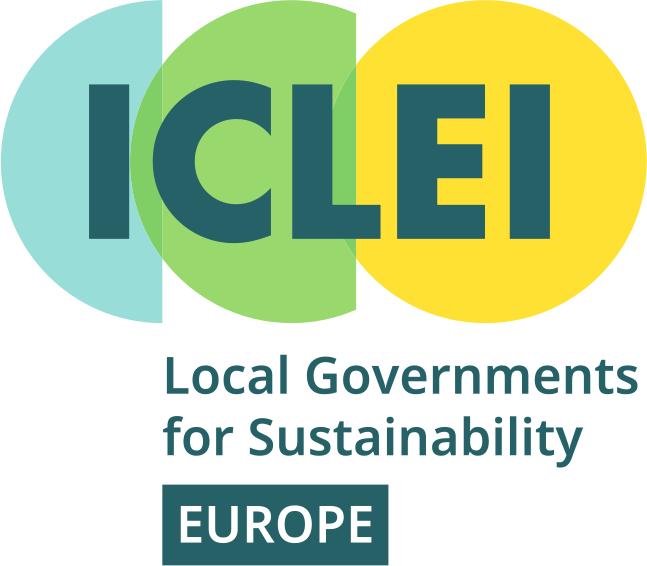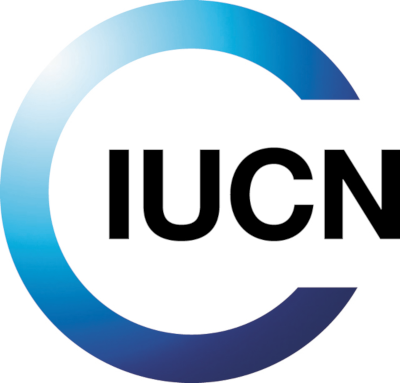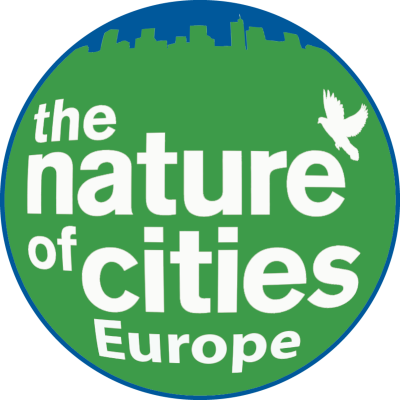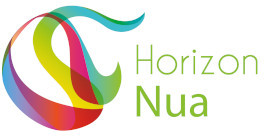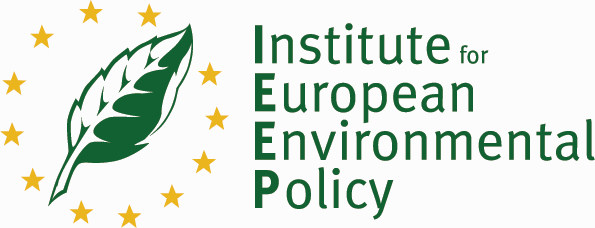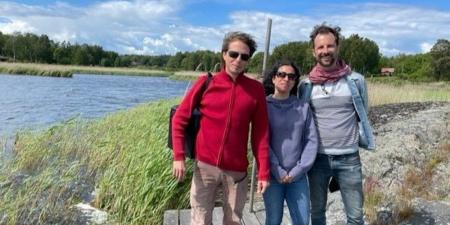
The Nature-Based Solutions in the Nordic region programme has chosen to finance a pilot project in Sweden to implement and test a floating system for wetlands to remove excess phosphorus from seawater.
The Baltic Sea is the most polluted sea in the world and suffers from severe eutrophication due to internal phosphorus release from the sediment under anoxic conditions. The ever-increasing amounts of phosphorus in the sea impare the water quality and result in a rapid growth of fast-growing algae, which ultimately can create oxygen depletion and cause fish, benthic animals, and plants to eventually die. Nature-based solutions have proven to be able to successfully tackle eutrophication problems, resulting in increasing marine biodiversity, cleaner water as well as reduced greenhouse gas (GHG) emissions and use of harvested biomass as valuable materials.
One of the largest islands in the Stockholm archipelago is Utö, where they decided to combat the problems of excess phosphorus in the sea. In 2017, Initiative Utö was founded to reverse the negative environmental impacts from phosphorus by restoring marine environments and creating circular systems to improve conditions for humans, animals, and other living organisms. In collaboration with the KTH Royal Institute of Technology (Sweden) and alchemia-nova (Austria), they will launch a pilot project with a floating system for wetlands to remove excess phosphorus from seawater. The project spans from design, testing, and installation of the system as well as observation of efficiency and effects. The plan is that the system will work as intended and that it will function as a sustainable model for future use in the Nordic region and international to combat excess phosphorus in wetlands and seawater.
The project is funded with right below DKK 900,000 from the Nordic Council of Ministers' programme Nature-based solutions in the Nordic region.

